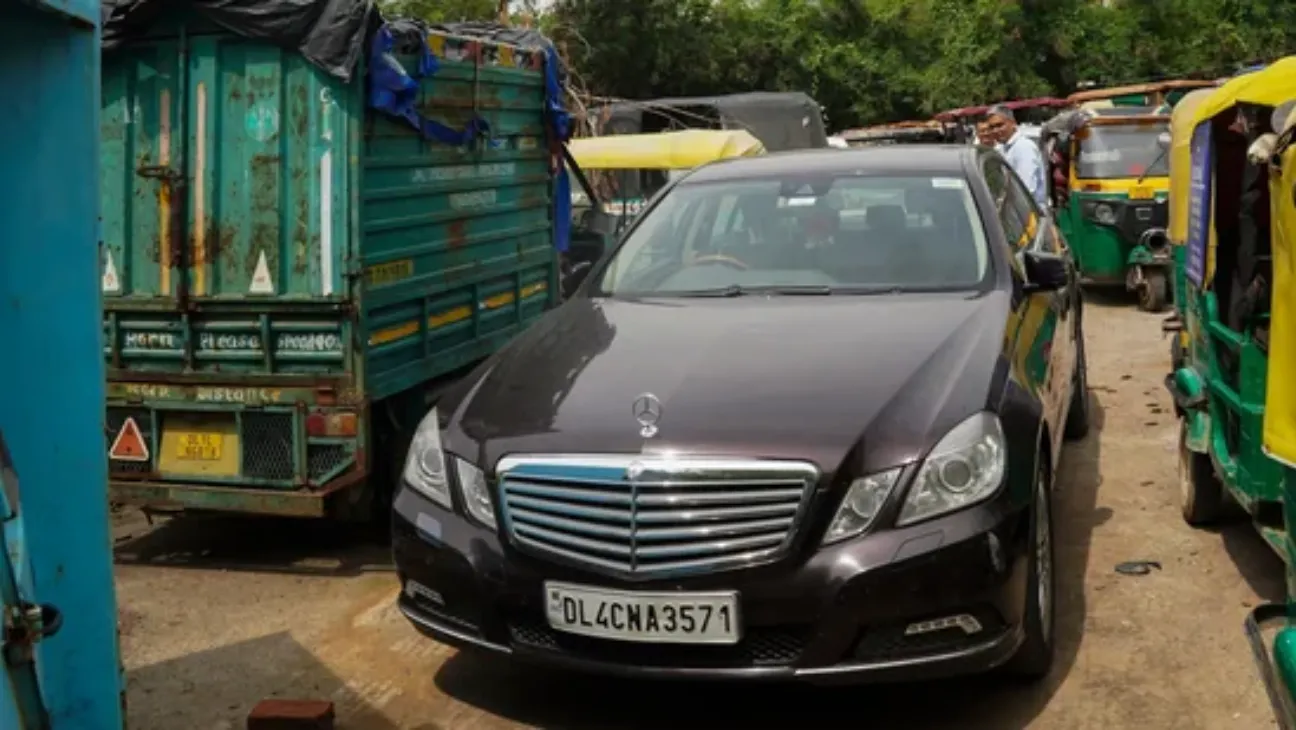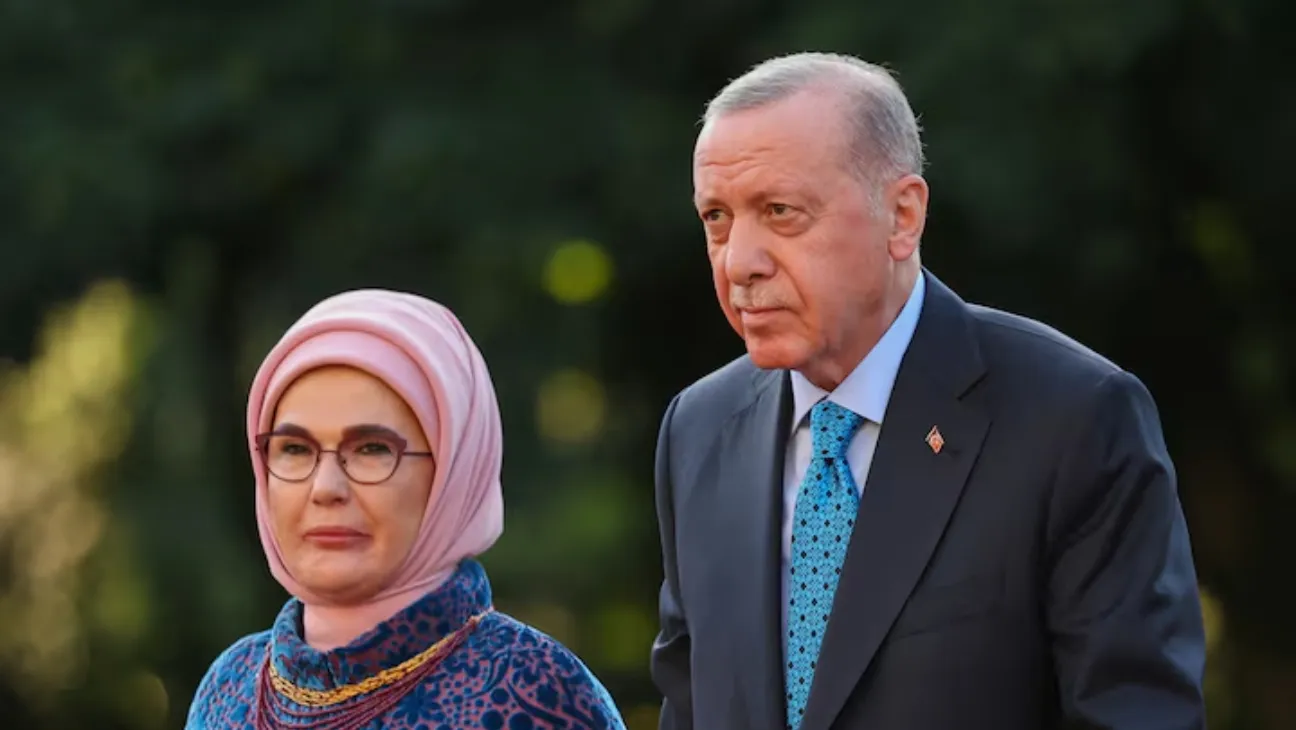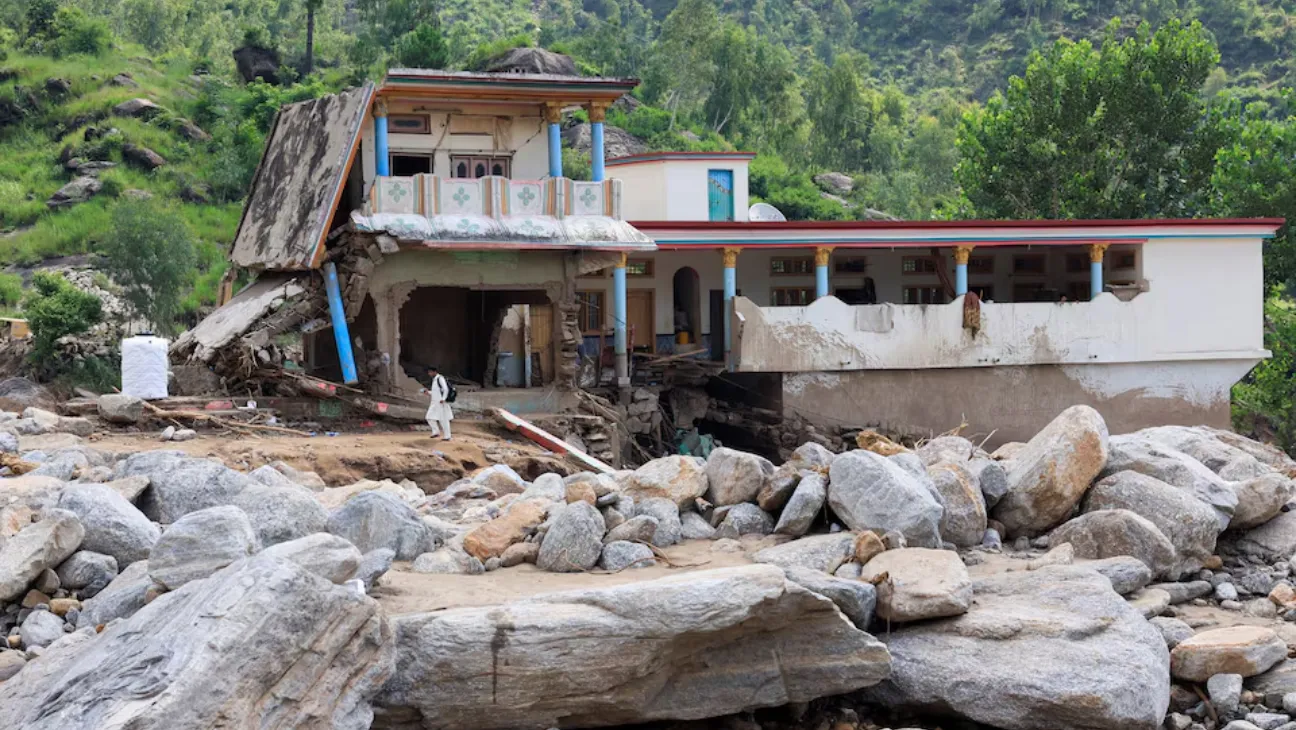The Delhi government has backed the Centre’s move to delay the fuel ban on older vehicles until November 1, citing concerns over livelihoods and logistics.
Chief Minister Rekha Gupta praised the revision as a sign of responsiveness to public needs. “The CAQM issuing revised guidelines on the request of the Delhi government is an important and commendable decision that has been taken keeping in mind the public interest,” she said Tuesday in a post on X.
Original Ban Would Have Started July 1
The original CAQM directive, effective from July 1, prohibited fuel stations in Delhi from refueling diesel vehicles older than 10 years and petrol vehicles older than 15 years. These end-of-life (EOL) vehicles, regardless of their registration state, were to be denied service.
Fuel stations had begun installing Automated Number Plate Recognition (ANPR) cameras to enforce the order. These cameras scan license plates, match data with the VAHAN database, and flag overage vehicles. If flagged, the system alerts staff not to refuel, with violations reported to enforcement teams.
But concerns grew as many residents complained about the lack of alternatives and proper scrapping facilities. Some argued the policy was too abrupt.
Minister Says Policy Should Be Based on Emissions, Not Age
Environment Minister Manjinder Singh Sirsa called the deferral a “major relief” and said the policy’s scientific grounding must improve.
“Polluting vehicles must be banned, but not just because they are old,” Sirsa said. “We will conduct proper studies to assess actual pollution levels and will approach the Supreme Court and the NGT with our findings. Any policy must be based on emission data, not age.”
Sirsa also criticized the previous administration’s handling of nearly 80,000 vehicle disposals, raising questions about where those vehicles ended up. “There is no proper scrapping facility in Delhi,” he said. “A thorough inquiry will be initiated into this.”
Government to Use Time to Plan Practical Alternatives
The Delhi government says the additional time will be used to explore more effective and realistic approaches. Chief Minister Gupta said, “As much as it is necessary to protect the environment, it is equally important that no decision affects the livelihood and dignity of common citizens.”
According to officials, the ANPR camera installation in five high-density districts is expected to be completed by October 31.
What Comes Next?
The government appears committed to working with CAQM on further planning. Any policy changes may involve updated emission testing protocols and public feedback sessions.
For now, the ban is paused. Whether it returns in November in its original form—or with major adjustments—remains uncertain.









